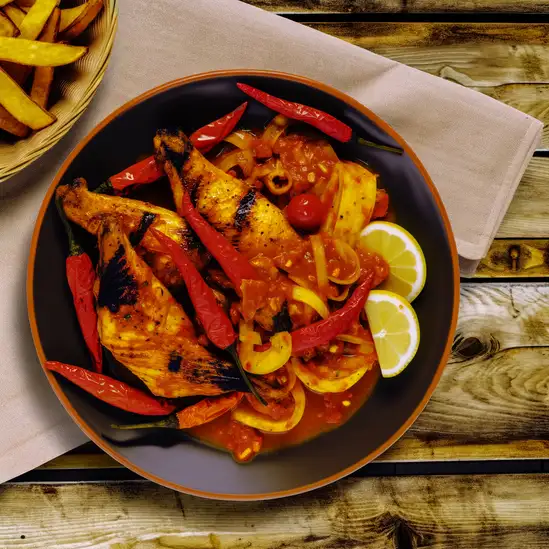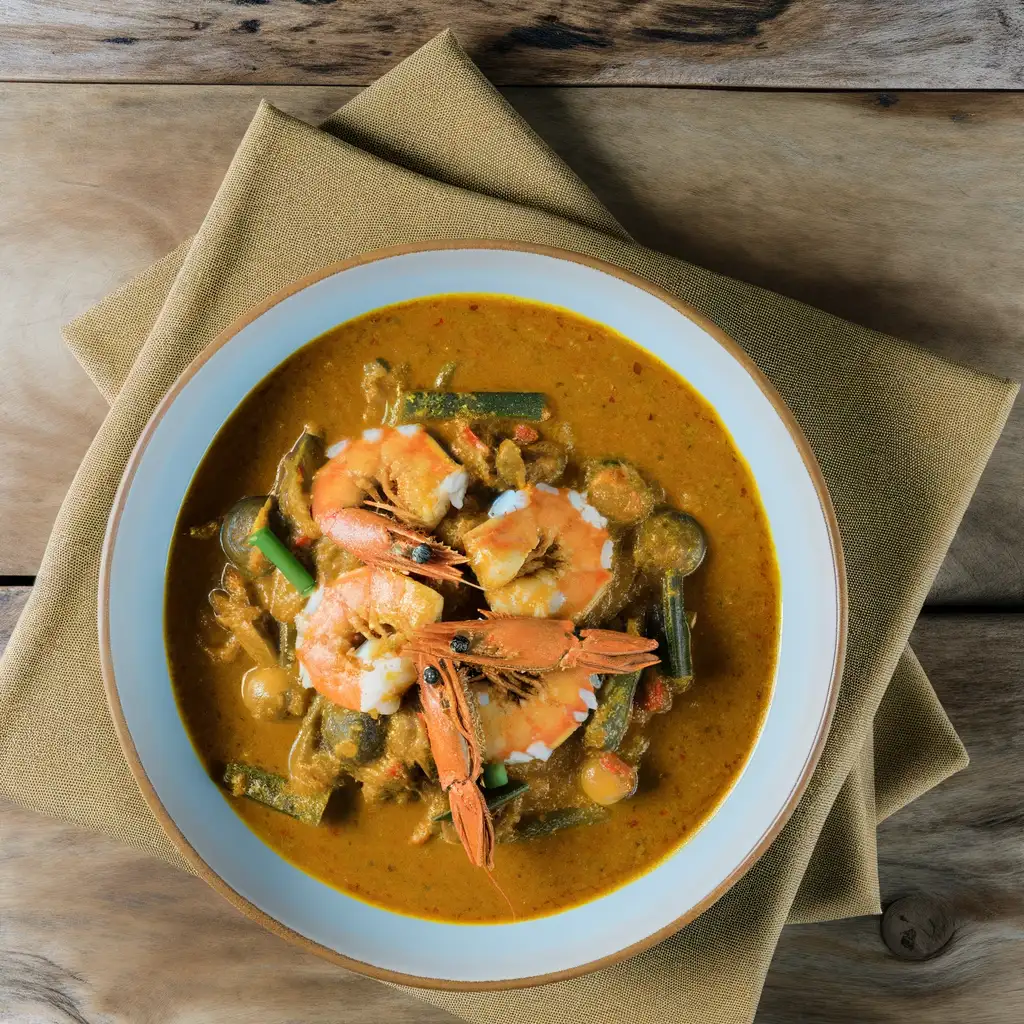



Imagine stepping onto Ilha de Moçambique and instantly feeling like you’ve traveled back in time,yet with the warm embrace of a lively,sun-soaked community. This tiny island,perched off Mozambique’s northern coast,hums with a unique blend of African,Arab,and Portuguese influences that you can see in its crumbling coral stone buildings and hear in the mix of Swahili chatter and distant dhow sails creaking in the harbor. The salty breeze carries the scent of the ocean mingled with spices from local kitchens,where fresh seafood sizzles over open fires. Walking through the narrow streets,you’ll notice the vibrant colors of faded colonial houses,their peeling paint telling stories of centuries past. Kids play barefoot on the sandy lanes,and elders sit outside,sharing tales and laughter. The island’s pace is unhurried,inviting you to slow down and soak in the rhythm of daily life. At the market,the air buzzes with vendors calling out,offering tropical fruits,handwoven baskets,and fragrant spices that hint at the island’s rich trading history. What truly makes Ilha de Moçambique unforgettable is its soul — a place where history isn’t just preserved in museums but lives in the smiles of its people and the gentle sway of palm trees against a backdrop of turquoise waters. Whether you’re exploring the ancient fortresses,diving into the clear sea,or simply sipping a coconut by the shore,the island wraps you in a warm,timeless embrace that stays with you long after you leave.
The information on this page is currently being reviewed by Tripkliq and should be used as a guide only
Eng word: Hello
Eng pronunciation: sah-lah-mah
Local language: Salama
Eng word: Goodbye
Eng pronunciation: oh-reh-rah
Local language: Orera
Eng word: Thank you
Eng pronunciation: nan-thah-rah-koh
Local language: Nantharako
Eng word: How much
Eng pronunciation: wah-kah tsah-yee
Local language: Waka tsayi?
Eng word: Toilet
Eng pronunciation: nee-thoo-thoo-thoo
Local language: Nithuthuthu
Eng word: Help me
Eng pronunciation: n-thoo-kah-nee
Local language: Nthukani
Eng word: Yes
Eng pronunciation: eh-ee-yah
Local language: Eeya
Eng word: No
Eng pronunciation: ah-wah
Local language: Awa
Eng word: Excuse me
Eng pronunciation: n-leh-cheh
Local language: Nleche
Ilha de Moçambique was designated a UNESCO World Heritage Site in 1991 due to its rich history and well-preserved architectural heritage.
The island is renowned for its Portuguese colonial architecture, including the Chapel of Nossa Senhora de Baluarte, which is considered the oldest European building in the Southern Hemisphere.
Built in the 16th century, Fort São Sebastião is one of the oldest standing fortresses in Africa and offers stunning views of the Indian Ocean.
The northern part of the island, known as Stone Town, features narrow streets, ancient buildings, and a mix of African, Arab, and European influences.
Housed in the former Church of the Misericórdia, the Museum of Sacred Art showcases a collection of religious artifacts, paintings, and sculptures from the colonial period.
The Governor's Palace, also known as the Palace of São Paulo, is a beautifully restored building that now serves as a museum highlighting the island's history.
Ilha de Moçambique has a rich cultural heritage influenced by Swahili and Arab traders who settled on the island long before the arrival of the Portuguese.
The island is home to several historic churches, including the Church of Santo António and the Church of São Paulo, which reflect the island's religious and architectural history.
In the southern part of the island, known as Macuti Town, visitors can see traditional Makuti houses made from palm leaves, showcasing local building techniques.
In Ilha de Moçambique, the most common Power Adaptor is Type C, Type F, Type M.







Grilled chicken marinated in a spicy piri-piri sauce made from chili peppers, garlic, and lemon, reflecting the Portuguese influence on local cuisine.

A flavorful curry made with fresh local seafood, coconut milk, and a blend of spices, showcasing the coastal culinary heritage of Ilha de Moçambique.

A traditional dish made from cassava leaves cooked with peanuts and coconut milk, often served with rice or xima.

A hearty stew of beans with meat, often including pork and beef, influenced by Portuguese cuisine and typically served with rice.

A staple food in Mozambique, xima is a thick porridge made from cornmeal, commonly served as an accompaniment to various stews and sauces.

A traditional cake made from ground peanuts and coconut, often enjoyed as a dessert or snack.
Located on Zanzibar Island,Stone Town is a UNESCO World Heritage Site known for its rich history,vibrant culture,and stunning beaches. It offers a mix of Swahili architecture,spice tours,and island adventures.
ExploreIf you ever find yourself wandering through Victoria,the capital of Seychelles,you’ll immediately notice its laid-back charm mixed with a vibrant pulse that feels both intimate and alive. It’s not a sprawling metropolis but a cozy town where the ocean breeze carries the scent of salt and tropical flowers,and the chatter of Creole,English,and French blends into a warm,welcoming hum. Walking through the colorful streets,you’ll catch glimpses of bustling markets where fresh spices,exotic fruits,and fragrant vanilla pods fill the air,inviting you to taste the island’s rich flavors.
Victoria’s character is a beautiful blend of cultures,reflected in its colonial architecture,lively street art,and the friendly smiles of locals who are always ready to share a story or recommend their favorite spot. The city feels like a crossroads of history and nature,with the iconic clock tower standing proudly as a reminder of its past,while just a short stroll away,the lush Botanical Gardens offer a peaceful escape filled with giant tortoises and vibrant tropical plants.
What really makes Victoria special is how it balances the simplicity of island life with a genuine sense of community and culture. Whether you’re sipping a freshly brewed Seychellois tea at a café,listening to the distant rhythm of sega music,or watching fishermen haul in their catch at the harbor,there’s a comforting rhythm here that invites you to slow down,breathe deeply,and soak in the moment. It’s a place that stays with you long after you leave.
If you find yourself wandering through Port Louis,you’ll immediately notice its vibrant pulse—a lively mix of old-world charm and bustling modern life that feels both warm and inviting. The city hums with energy,from the colorful stalls of the Central Market where spices,fresh tropical fruits,and fragrant street food scents mingle in the air,to the chatter of locals bargaining and sharing stories. It’s a place where the past and present dance together,with colonial architecture standing shoulder to shoulder with sleek skyscrapers.
Walking along the waterfront,the salty breeze carries the distant calls of fishermen and the gentle clinking of boats bobbing in the harbor. The streets are alive with a blend of cultures—Creole,Indian,Chinese,and French influences swirl through the food,music,and festivals. You can’t help but be drawn into the rhythm of sega music playing softly from a nearby café or the rich aroma of dholl puri being freshly made on a street corner.
Port Louis isn’t just a city; it’s a sensory experience. The vibrant colors of the market,the warmth of the people,and the tantalizing tastes of local dishes like octopus curry or gateau piment make it unforgettable. It’s a place where every corner tells a story,and every moment feels like an invitation to explore deeper. Trust me,once you’ve soaked in its unique spirit,you’ll carry a piece of Port Louis with you long after you leave.
Dar es Salaam pulses with a vibrant energy that instantly wraps around you like a warm,familiar hug. It’s a city where the salty breeze from the Indian Ocean mingles with the rich aroma of street-side spices and freshly grilled seafood,creating an intoxicating sensory cocktail. Walking through its bustling markets,you’ll hear the lively chatter of vendors,the rhythmic beat of taarab music drifting from nearby cafes,and the occasional call of fishermen bringing in their catch. There’s a raw,unpolished charm here—far from the polished tourist spots—that makes every corner feel alive and authentic.
The city’s character is a beautiful blend of cultures,from the Swahili influences visible in the coral stone architecture to the colorful fabrics and crafts that spill out of shops and stalls. You can taste this fusion in the food too—imagine biting into a perfectly spiced mishkaki skewer or savoring a plate of ugali with fresh fish,all while watching the sun dip below the horizon,painting the sky in fiery oranges and pinks.
What makes Dar es Salaam truly special is its people—their warmth,resilience,and infectious smiles. Whether you’re sharing a laugh with a local artisan or joining a lively street dance,you’ll feel a genuine connection that stays with you long after you leave. It’s a city that invites you to slow down,soak in its rhythms,and discover stories woven into every street and wave.
Imagine stepping into Maputo and instantly feeling the pulse of a city that’s alive with rhythm and warmth. The air carries a mix of salty ocean breeze and the rich aroma of freshly grilled seafood from street vendors,while the streets hum with the chatter of locals and the distant beat of marrabenta music. It’s a place where colonial architecture with its pastel hues stands shoulder to shoulder with vibrant markets bursting with colorful fabrics,spices,and handcrafted treasures. Walking along the waterfront,you catch glimpses of fishermen hauling in their catch,and the scent of coconut and tropical fruits mingles with the salty air.
Maputo’s charm lies in its effortless blend of cultures—Portuguese influences mingle with African traditions,creating a unique,laid-back vibe that’s both cosmopolitan and deeply rooted in local life. The city feels like a warm embrace,where people greet you with genuine smiles and invite you to share in their stories over a cup of strong coffee or a cold bottle of 2M beer. At night,the city transforms as jazz and Afrobeat spill out from cozy bars,inviting you to dance or simply soak in the lively atmosphere.
What really stays with you is the city’s spirit—resilient,creative,and welcoming. Whether you’re wandering through the bustling Mercado Central,savoring fresh prawns at a beachside shack,or watching the sunset paint the sky over the Indian Ocean,Maputo leaves you with a sense of having discovered a place that’s both vibrant and heartfelt,a city that invites you to slow down and savor every moment.
The capital of Madagascar,Antananarivo is a gateway to the island’s unique biodiversity,including lemurs and rainforests. It’s also close to stunning coastal areas and islands worth exploring.
ExploreTourists may be offered unfavorable exchange rates or given counterfeit currency during unofficial currency exchanges.
Scammers may claim that certain areas or attractions require an entry fee, even though they are free to access.
Scammers may offer to 'help' tourists at ATMs, only to steal their card information or cash.
Some vendors may sell counterfeit or low-quality items as authentic local crafts or antiques at high prices.
Vendors or service providers may inflate prices for food, souvenirs, or transportation when dealing with tourists.
Local guides or individuals may approach tourists offering tours or historical insights at inflated prices, often without providing much value.
Tourists may be targeted by pickpockets, often working in groups, who use distractions to steal wallets, phones, or other valuables.
Taxi drivers may refuse to use meters or claim that the meter is broken, charging tourists significantly higher fares.
The use, possession, and trafficking of illegal drugs are strictly prohibited in Mozambique, including Ilha de Moçambique. The country has stringent laws and severe penalties for drug-related offenses, including long prison sentences and heavy fines. Tourists should avoid any involvement with illegal drugs to prevent legal issues and ensure a safe visit.
In Ilha de Moçambique, smoking is generally allowed in public spaces, but there are restrictions in place similar to many other countries. Smoking is prohibited in enclosed public areas, such as restaurants, bars, and public transportation. It is advisable to look for designated smoking areas and to be considerate of non-smokers. Always dispose of cigarette butts properly to avoid littering and potential fines.
Vaping regulations in Ilha de Moçambique are not as clearly defined as smoking regulations. However, it is recommended to follow the same guidelines as smoking. Avoid vaping in enclosed public spaces and be mindful of those around you. It is best to use designated smoking areas for vaping as well.
What are other people saying about Ilha de Moçambique?
Recent Social posts about Ilha de Moçambique
There is nothing to show you for now.